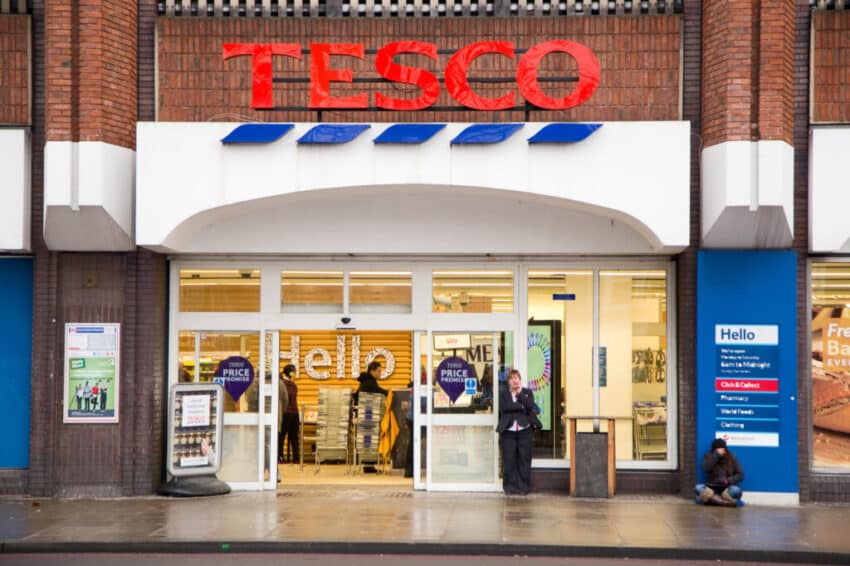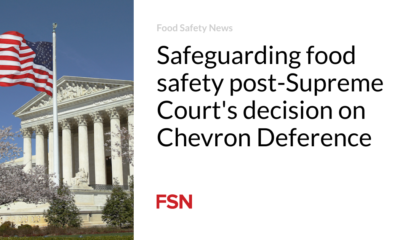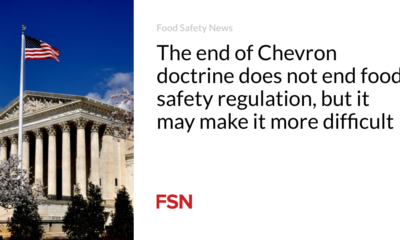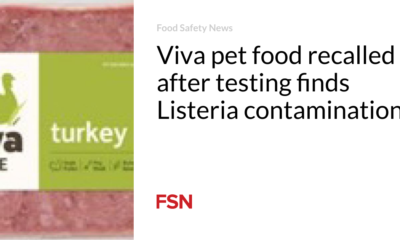Business
Charities are criticizing Tesco’s evening food collection policy

Tesco has come under fire from charities struggling to distribute unwanted food to homeless and hungry people due to new rules requiring collections only in the evening.
The supermarket giant has switched to a system where charities only have to collect surplus food, such as items close to their sell-by date, in the evening when stores close, rather than the next morning. This shift has left several local groups, including Food for Charities in Oxford, Abingdon Community Fridge and Zero Carbon Guildford Community Fridge, struggling to meet the needs of their communities.
In a letter to Tesco, the charities warned that the new collection scheme is preventing surplus food from reaching those in need, forcing some groups to buy food for distribution. They have also started a petition calling on Tesco to reverse the policy.
“Most of us struggle to find volunteers to pick up in the evenings. Most of our charities do not have recipients for ‘dinner’ items such as meat and sandwiches because we close our doors before Tesco food is available,” the letter reads. “We don’t have space for freezers, or our freezers are in community facilities that lock at night, or we don’t feel comfortable sending lone volunteers into a building to put food in the freezer.”
In addition, some charities reported that their priority access to Sunday collections has been compromised, putting them in competition with users of the Olio food waste app, which can include wealthy families.
FareShare, the charity that oversees Tesco’s waste collection process, acknowledged the “change on the estate” and explained that it allows the donation of chilled food alongside longer-lived items, which is not feasible in morning collections due to safety concerns with ‘ to be used until’. dates.
However, Tesco refuted claims of widespread changes, claiming it has always encouraged the 2,700 local charities that collect food in its stores to do so in the evening rather than the morning. The supermarket also stated that Sunday collections do not differ from other days of the week.
Riki Therivel, director of Food for Charities, highlighted the lack of warning about the change, which has led to her group spending around £50 a week on food purchases. She noted that the amount of food available for their community refrigerator system, which feeds hundreds of people, has been halved. “It is a big shock for us and an increased cost. We can’t do takeout in the evening, so we will get less food in the future,” she said. “It’s hard for charities to pivot.”
Farrah Rainfly, Operations Manager at Lifeafterhummus in North London, expressed her frustration, saying: “It really puts profits before people. Treating people who need food as waste management.”
A Tesco spokesperson responded: “We work hard to prevent food from going to waste and donate millions of unsold meals from our stores every month to local charities and community groups. We always give priority to local charities to receive food from FareShare, but if they are unable to collect the food, we offer it to other local groups or distribute it for free to the local community via the food waste app Olio to prevent charities. food does not go to waste.”
Olio confirmed that charities have priority in receiving collection events.
FareShare added that it is directly linked to twenty Tesco distribution centers to supply food to thousands of charities across the country, with end-of-day surplus distribution from stores complementing this system. “Tesco has played a key role in supporting FareShare’s mission to tackle the environmental impact of food waste and ensure good food goes to people, not waste,” a FareShare spokesperson said.
This controversy follows revelations that thousands of tonnes of unwanted food that Tesco thought was being used to feed animals had instead been diverted to energy generation, significantly impacting efforts to reduce food waste.













